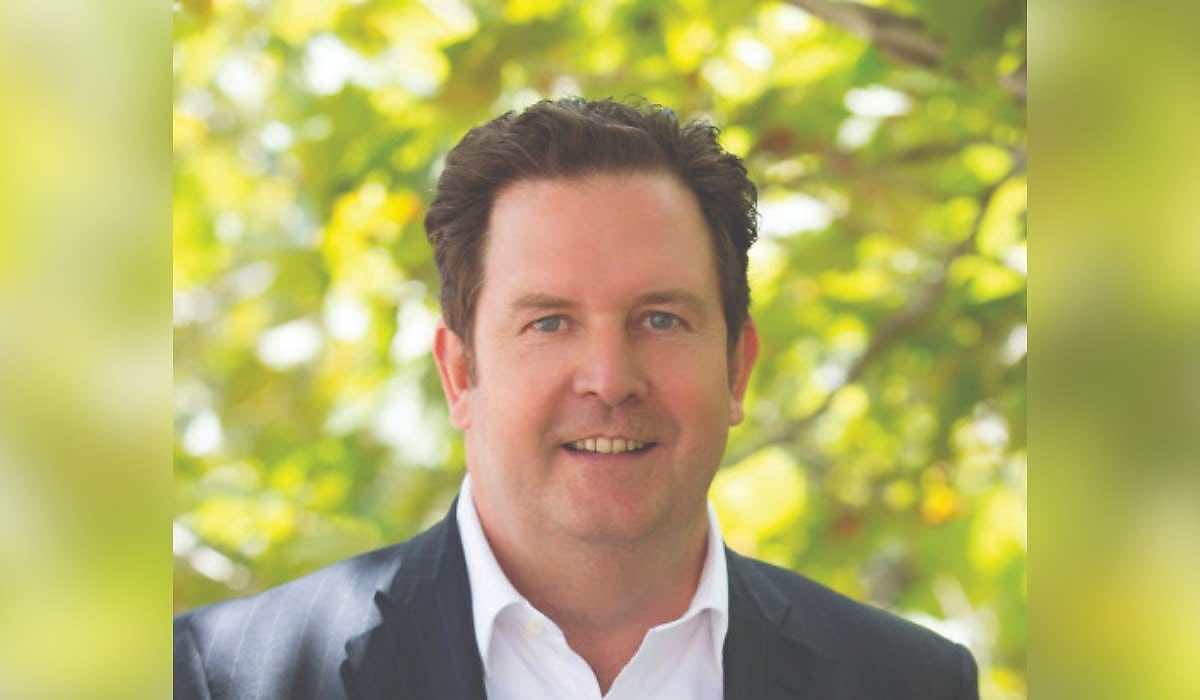Granny flat solution gets industry exec’s backing
The executive chairman of one of Australia’s top real estate firms has vouched his support for the granny flat housing proposal that has investors buzzing.

Angus Raine, executive chairman of Raine & Horne, has endorsed a recent suggestion that granny flats could help alleviate the rental crisis.
A recent CoreLogic report revealed that there is potential to construct up to 655,000 granny flats in major Australian centres, providing essential accommodation for the nation’s most vulnerable renters and also giving home owners an income stream at the same time.
With South Australia recently expanding ancillary dwelling rentals to non-family members, and similar changes on the cards in Queensland, it’s a proposal that is receiving plenty of government backing.
Mr Raine echoed this rising support for granny flats, explaining: “In a climate where Australia grapples with housing and rental shortages and real estate affordability, these modest dwellings can be a viable and timely solution.”
“There is a narrow window of opportunity to discover enduring answers, particularly when we have a clear solution right before us in the form of granny flats,” the executive chairman added.
In order to make granny flat construction as efficient as possible, Mr Raine noted the importance of streamlining the process for investors.
He suggested that governments offer subsidies to induce property owners to build granny flats, making “the income generated from granny flats tax-exempt for a period of five to 10 years”, and simplifying “bureaucratic processes and regulations concerning what constitutes a fully contained granny flat”.
From the executive chairman’s point of view, backyard ancillary dwellings offer opportunities for home owners and investors alike.
For those seeking a negatively geared property bonus, he noted that “these versatile spaces can be used to house older children, accommodate elderly parents, or serve as a home office”.
For those after cash flow, Mr Raine stated: “Home owners can harness the potential to generate an alternative income stream through the construction of granny flats, while also bypassing the protracted approval processes typically associated with home extensions or additions.”
“Given the current backdrop of soaring interest rates, escalating petrol and electricity costs, the supplementary income generated from granny flats – usually amounting to several hundred dollars per week and more – holds significant practical value,” Mr Raine reiterated.
The executive chairman remarked current construction delays might lead to roadblocks in building granny flats, but suggested that prefabricated structures could be one way to “expedite the construction process of granny flats, potentially reducing building times significantly”.

